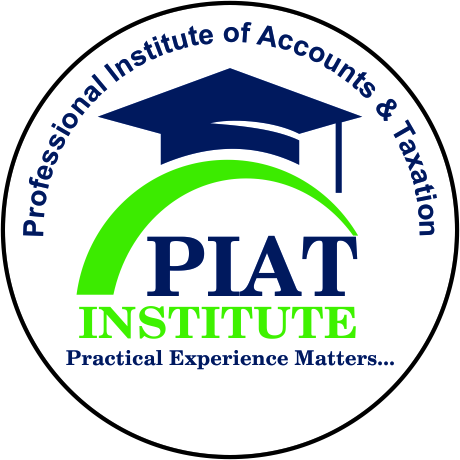Home / Single Blog

- June 06, 2024
- News
- Comment
Overview
Accounting is a critical function in any business, focusing on the systematic recording, reporting, and analysis of financial transactions. Careers in accounting are diverse, ranging from entry-level positions to executive roles, and they exist in various sectors including public accounting firms, corporate accounting departments, government agencies, and non-profit organizations.
Key Career Paths
Public Accounting
Staff Accountant: Entry-level role, involves preparing financial statements, tax returns, and assisting with audits.
Senior Accountant: Handles more complex accounting tasks, supervises junior staff, and assists in auditing and consulting services.
Manager/Senior Manager: Oversees accounting teams, manages client relationships, and ensures compliance with financial regulations.
Partner: Senior-most role in a public accounting firm, responsible for business development, client management, and strategic decision-making.
Corporate Accounting
Accounts Payable/Receivable Clerk: Manages outgoing bills and invoices or incoming payments.
Financial Analyst: Analyzes financial data to support business decision-making.
Controller: Manages all accounting functions within the organization, including financial reporting, budgeting, and compliance.
Chief Financial Officer (CFO): Executive role responsible for the overall financial strategy and health of the organization.
Government Accounting
Government Accountant: Works with federal, state, or local government agencies to manage public funds, conduct audits, and ensure compliance with regulations.
Internal Auditor: Examines and evaluates financial and operational activities within government entities to ensure efficiency and regulatory compliance.
Forensic Accounting
Forensic Accountant: Investigates financial discrepancies, fraud, and provides litigation support by preparing evidence and expert testimony.
Non-Profit Accounting
Non-Profit Accountant: Manages financial operations for non-profit organizations, including grant management, budgeting, and compliance with fund-specific regulations.
Required Skills and Qualifications
Educational Background: A bachelor’s degree in accounting or a related field is typically required. Advanced positions may require a master’s degree or additional certifications.
Certifications: Common certifications include Certified Public Accountant (CPA), Certified Management Accountant (CMA), Certified Internal Auditor (CIA), and Chartered Financial Analyst (CFA).
Technical Skills: Proficiency in accounting software (e.g., QuickBooks, SAP), Microsoft Excel, and financial analysis tools.
Soft Skills: Strong analytical skills, attention to detail, problem-solving abilities, effective communication, and ethical integrity.
Industry Trends
Technology Integration: Increasing use of artificial intelligence, automation, and blockchain in accounting processes.
Regulatory Changes: Ongoing updates to financial regulations and standards require accountants to stay current.
Sustainability Reporting: Growing focus on environmental, social, and governance (ESG) reporting.
Job Outlook
The demand for accountants and auditors is expected to grow, driven by globalization, economic growth, and the complexity of regulatory environments. According to the U.S. Bureau of Labor Statistics, employment in accounting and auditing is projected to grow 4% from 2019 to 2029, about as fast as the average for all occupations.

PIAT INSTITUTE provide 3 Month Certification Program in Practical Accounting & Taxation by CA Professionals in Nagpur. It’s Offline Training. PIAT Institute Provide Accounting & Tally, GST & Income Tax, Companies Act, 2013, ROC Filings, Finances, Auditing, TDS, TCS and Many More. Join 3 Month Training & Experience the Difference. For Training Call: 9609507487 / 7757966209. Visit us: www.piatinstitute.com

Address: PIAT Institute, Flat No 2, 1st Floor, Raghav Complex Reshimbagh Square Nagpur.

Business Advices

Market Experience

Client Reviews


